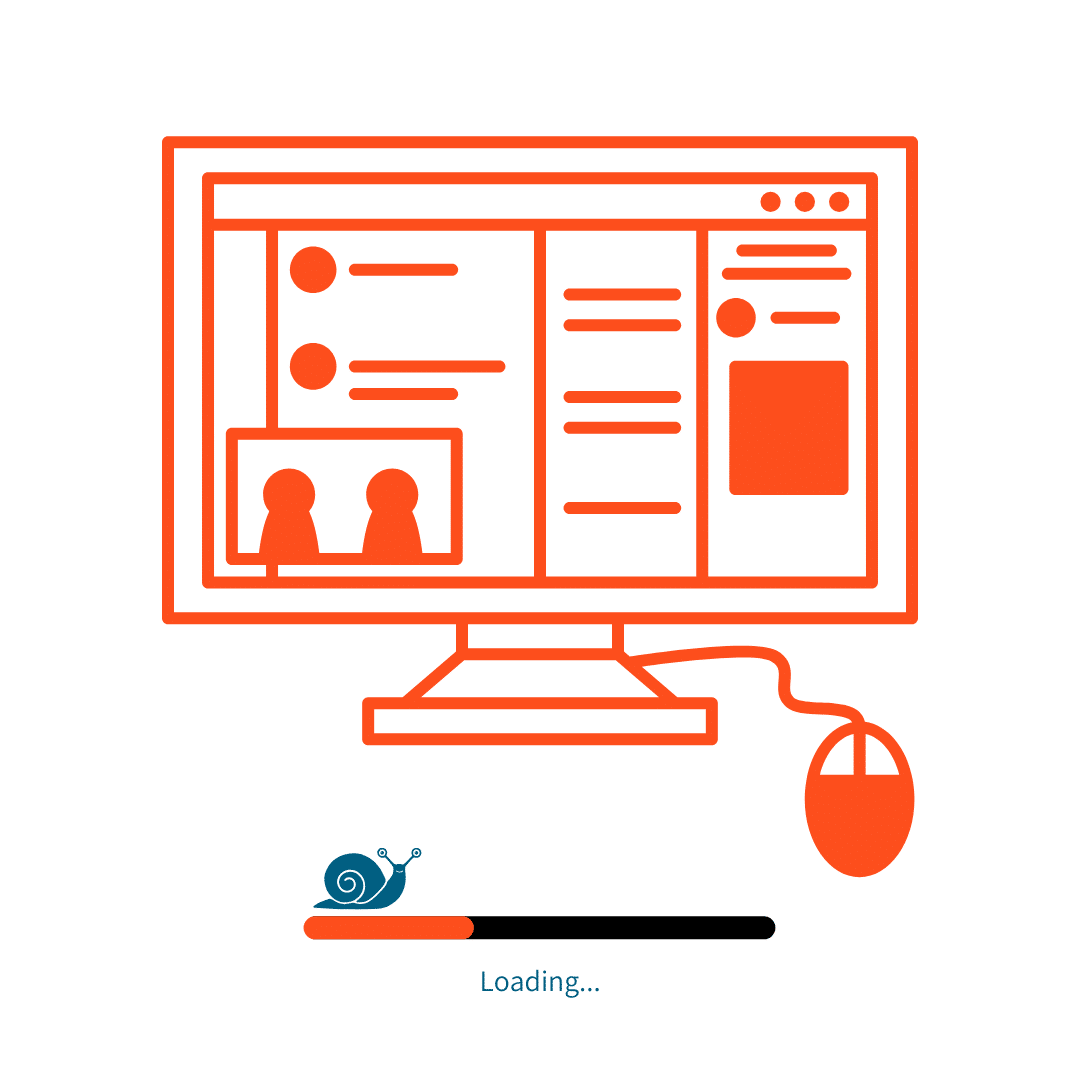In the modern digital world, website speed is crucial. A fast website is not only important for user experience, but also plays an important role in search engine optimization (SEO). In this blog, we discuss why a fast website is essential for both SEO and user engagement and offer practical tips for improving your website speed.
Why is website speed important for seo?
1. Search engine ranking
Google and other search engines place a high value on the speed of a Web site when determining search results. In 2010, Google announced that site speed would become a ranking factor. Faster Web sites are ranked higher because they provide a better user experience. This means that if your Web site is slow, your competitors who have faster Web sites will appear higher in search results.
2. Crawling efficiency
A fast website makes it easier for search engines to crawl your website. Search engine crawlers such as Googlebot have a limited amount of time (crawl budget) to search each website. If your website loads quickly, they can crawl and index more pages, which can lead to better visibility in search results.
3. Bounce rate
A slow website can lead to a high bounce rate, which is negative for SEO. Users have little patience and will quickly click away if a page takes too long to load. A high bounce rate is a signal to search engines that your website content may not be relevant or user-friendly, which can hurt your rankings.
The importance of website speed for user experience
1. First impression
First impressions are crucial. Visitors form an opinion about your Web site within seconds. If your Web site loads quickly, you give a positive first impression, which can lead to longer visit times and more interaction.
2. User engagement
A fast Web site provides a better user experience. Users can navigate easily, find information quickly and generally interact positively with your site. This increases the likelihood that they will stay longer, visit more pages and eventually make a conversion, such as buying a product or filling out a form.
3. Mobile users
With the increase in mobile Internet use, it is essential that your website load quickly on mobile devices. Mobile users are often on the go and have less patience for slow websites. A fast mobile experience can make the difference between winning or losing a customer.
How do you improve the speed of your website?
1. Optimize images
Large images can slow down your Web site considerably. Use tools to compress images without losing quality and make sure they load in the right sizes.
2. Use Content Delivery Networks (CDNs).
A CDN can significantly improve your website's load times by serving content from a server that is geographically closer to the user.
3. Minimize and combine files
Reduce the size of CSS, JavaScript and HTML files. Minimizing and combining these files can reduce the load time of your pages.
4. Cache usage
Make sure your Web site uses browser caching. This ensures that frequent visitors to your site do not have to re-download the entire content each time.
5. Reduce redirects
Every time a page performs a redirect, it increases loading time. Limit the number of redirects to improve the speed of your Web site.
The speed of your website is a crucial factor that affects both SEO and user experience. A fast website can lead to higher search engine rankings, better user engagement and more conversions. By investing in optimizing the speed of your website, you can not only improve your online visibility, but also provide a better experience to your visitors.
At WebGrowth, we understand the importance of a fast website and offer various services to optimize the speed and performance of your website. Contact us for more information and make your website a lightning fast experience for your users!

